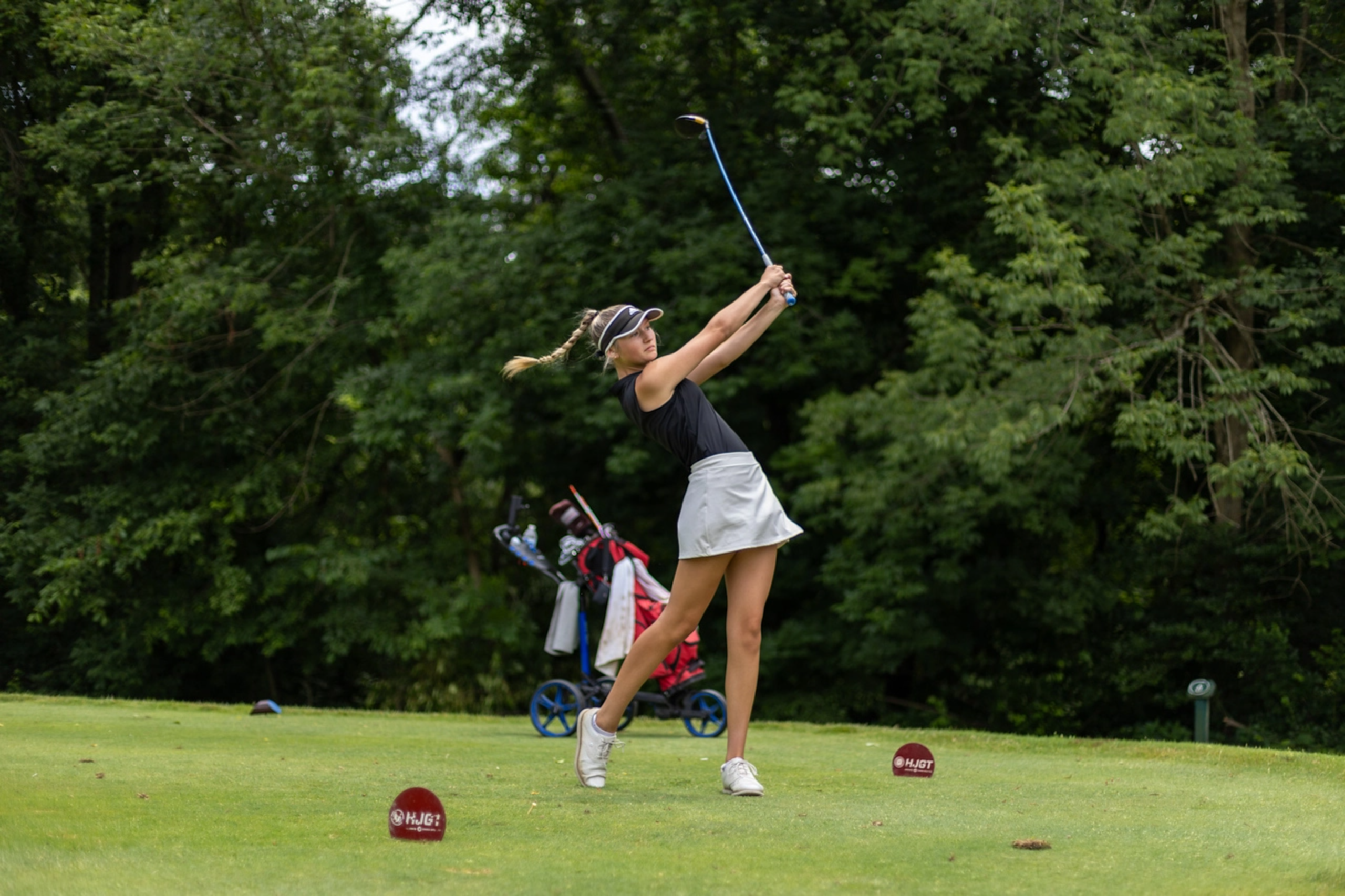By Scott Shepard, GolfPFX Program Manager for AdventHealth Sports Med and Rehab of Central Florida and Three-Time Golf Digest Top 50 Golf Fitness Trainer
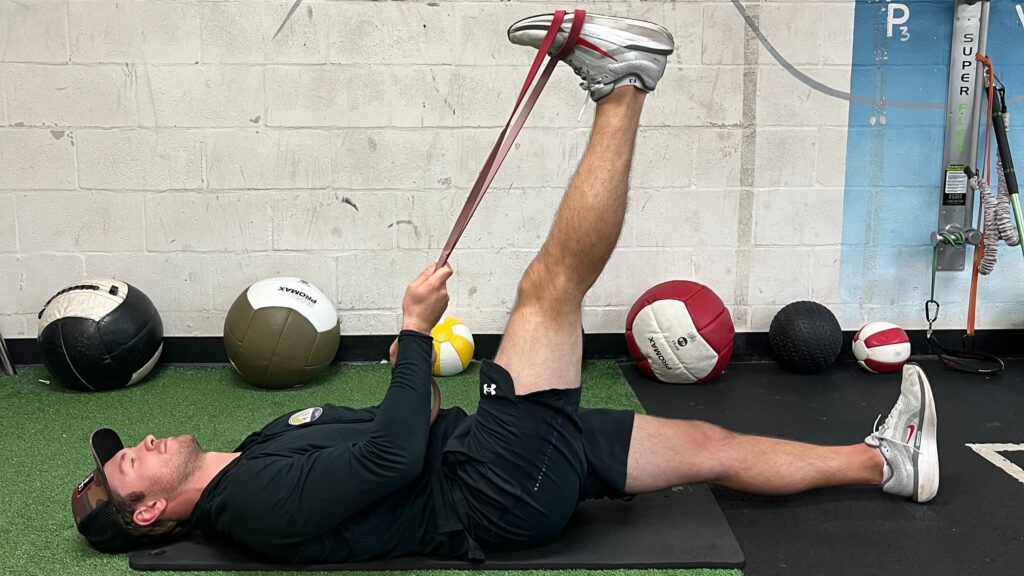
If you’re serious about improving in golf, how you recover after a round or practice session is just as important as how you play.
For junior golfers, and the families who support them, recovery is a crucial part of staying healthy, building strength, and playing your best. Whether you’re walking 18 holes in a tournament, spending hours on the range, or juggling golf with other sports and schoolwork, proper recovery habits will help you perform better and avoid injuries down the road.
Here are some simple, proven recovery strategies you can build into your routine:
Rehydrate the Right Way
After playing or practicing, your body needs to replace the fluids it lost. Even a small level of dehydration can affect focus, energy, and muscle performance.
Junior Golfer Tip:
Drink water throughout your round, not just after. A good goal is about half your body weight in ounces per day (for example, a 100-pound golfer should aim for about 50 ounces of water daily). If it’s really hot or you’ve been sweating a lot, adding an electrolyte drink can help too.
Parent Tip:
Pack extra water bottles and a post-round recovery drink for tournament days. Encourage sipping water between every hole.
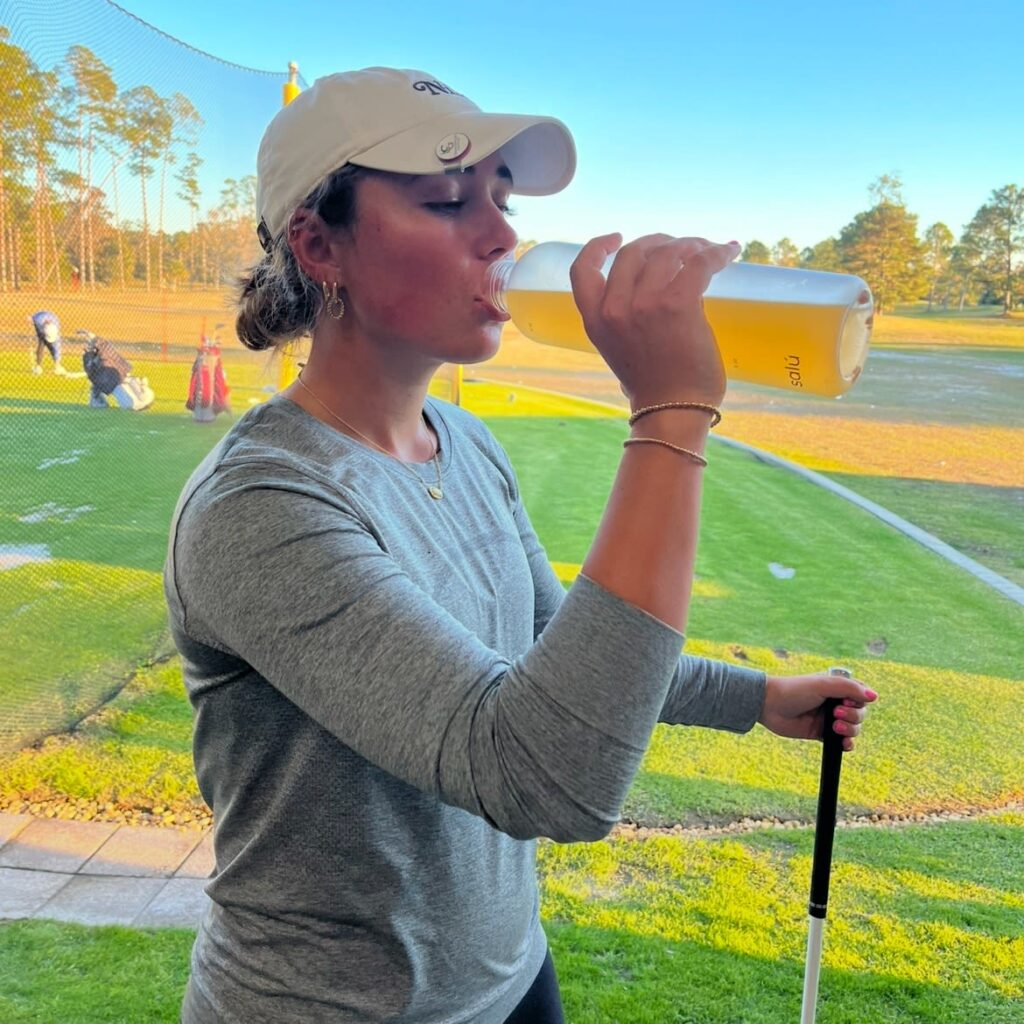
Refuel with Healthy Food
Your muscles need energy to recover and rebuild. Try to eat a healthy snack within 30 minutes after finishing your round or workout.
Great Recovery Snacks Include:
- Peanut butter and jelly sandwich
- Greek yogurt with fruit
- Turkey sandwich
- Protein smoothie
- Trail mix (nuts and dried fruit)
Junior Golfer Tip:
Fast food right after a round isn’t ideal. Think “fuel for tomorrow’s game,” not just “eat whatever’s easy.”
Parent Tip:
Help your junior golfer plan ahead by packing recovery snacks in a cooler or bag so they’re ready after their round.
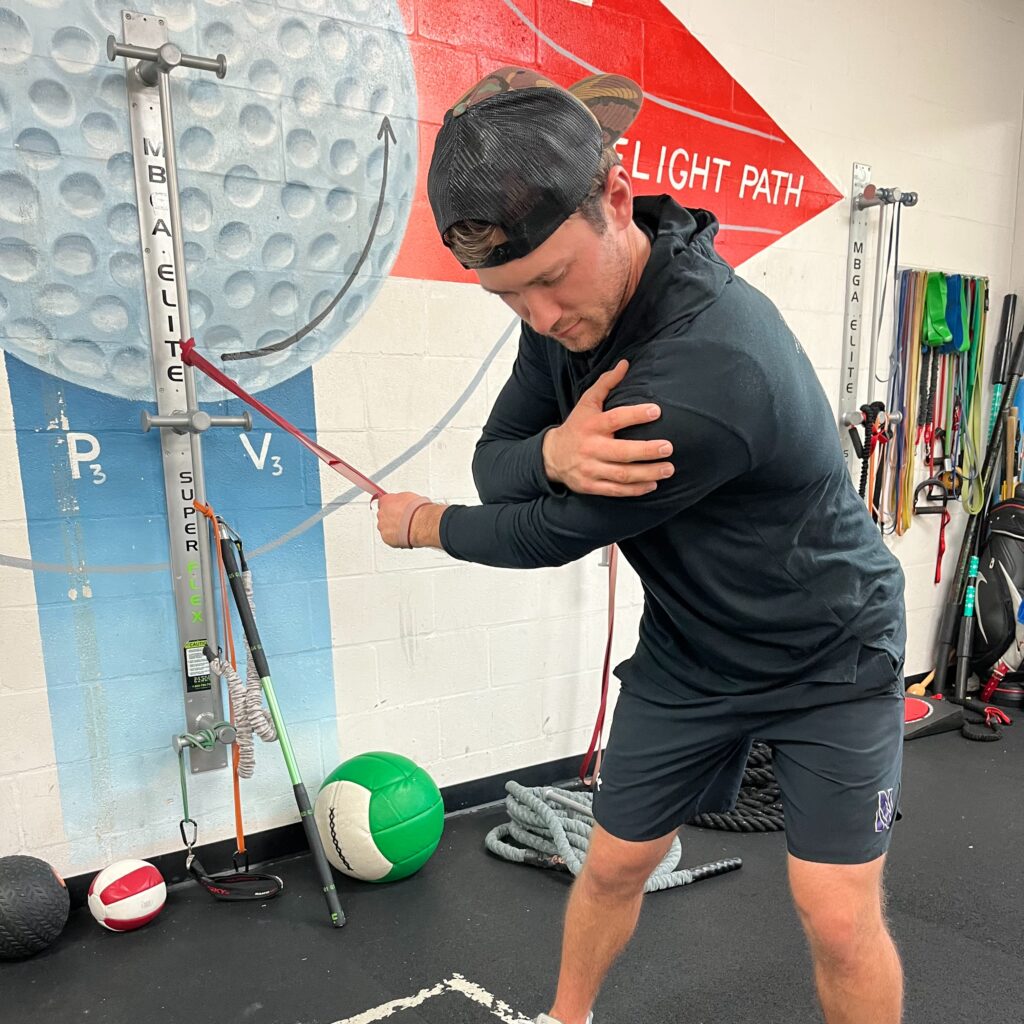
Stretch and Cool Down
Skipping a cool-down can lead to tightness, stiffness, and even minor injuries. After a tough day on the course, it’s important to spend 5–10 minutes gently stretching the muscles you used the most: hips, hamstrings, shoulders, and back.
Junior Golfer Tip:
Make stretching part of your daily routine, even on days you don’t practice. It’ll help your swing stay smooth and flexible.
Parent Tip:
Remind your player that stretching isn’t just for professional athletes. It’s how they keep getting better and feeling better.
Prioritize Good Sleep
Golf is a mental and physical game. One of the biggest performance boosters? A good night’s sleep.
Junior Golfer Tip:
Aim for 8–10 hours of sleep a night, especially after a long practice or tournament weekend. Sleep helps your brain and muscles recharge.
Parent Tip:
Create a consistent sleep routine at home, even when traveling for tournaments. Avoid screens right before bed to improve sleep quality.
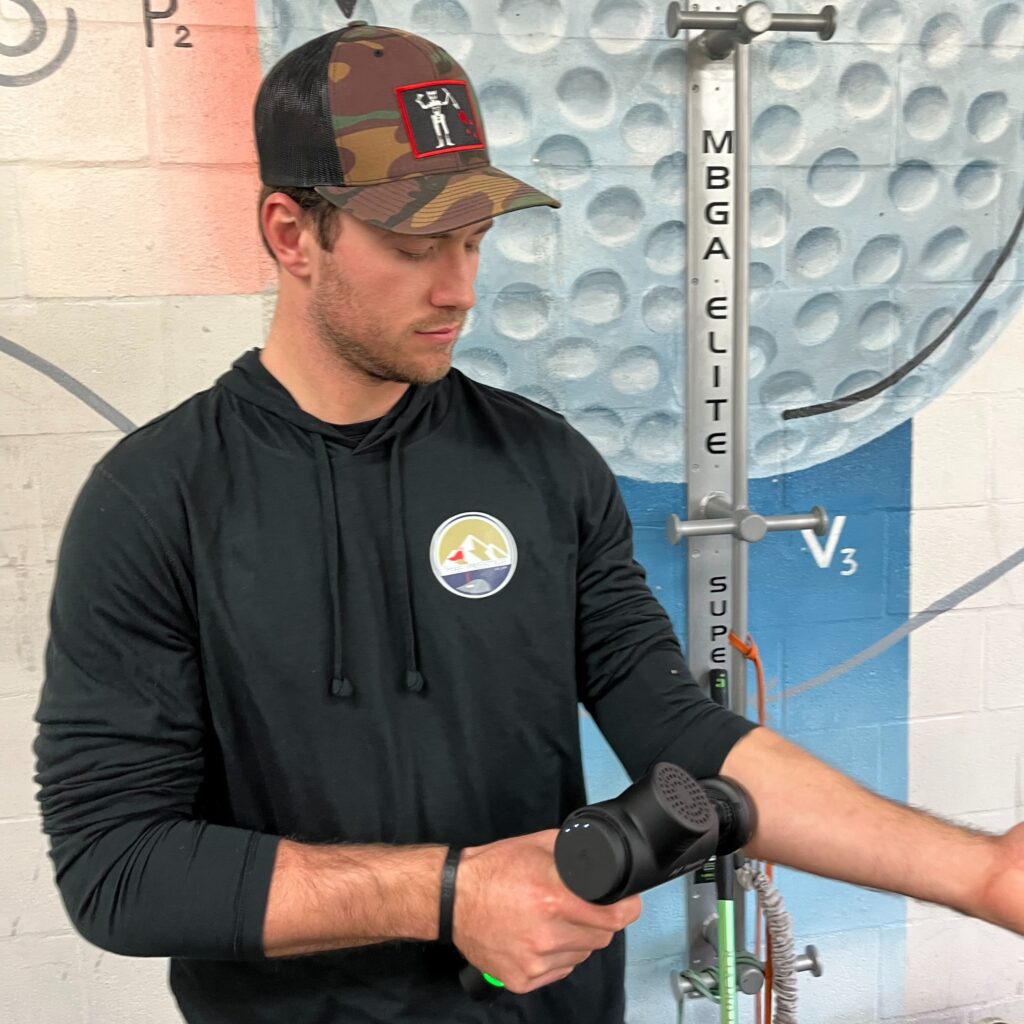
Listen to Your Body
Junior golfers are still growing, which means they sometimes need more recovery time than adults. If something feels “off”, whether it’s muscle soreness that doesn’t go away, nagging pain, or just unusual tiredness, don’t ignore it.
Junior Golfer Tip:
Speak up if you’re hurting. It’s better to rest early and come back stronger than to push through and risk a bigger problem.
Parent Tip:
Watch for signs of overuse: limping, mood changes, or an obvious drop in energy levels. A sports medicine professional can help if needed.
Final Thoughts for Families
Recovery isn’t just about being healthy today. It’s about helping junior golfers build strong habits for a lifetime in sports and beyond.
By focusing on hydration, nutrition, stretching, sleep, and body awareness, you’re setting your young player up for long-term success, both on and off the course.
Golf is a game you can play for life. Let’s make sure our junior golfers have the tools to enjoy it for decades to come!
*****
Scott Shepard is the GolfPFX Program Manager for AdventHealth Sports Med and Rehab of Central Florida. A nationally recognized sports physical therapist, Scott is a three-time Golf Digest Top 50 Golf Fitness Trainers award winner and a leading advocate for junior golfer health and performance.




